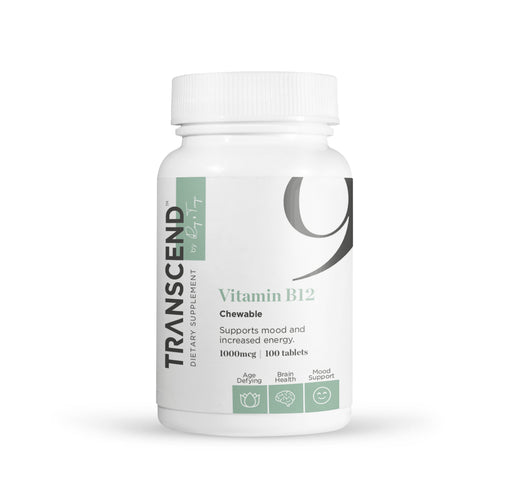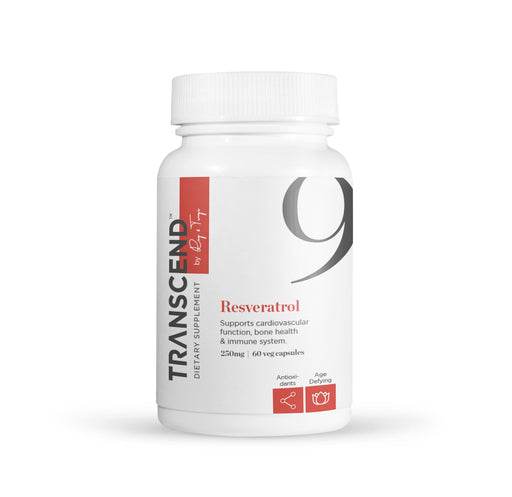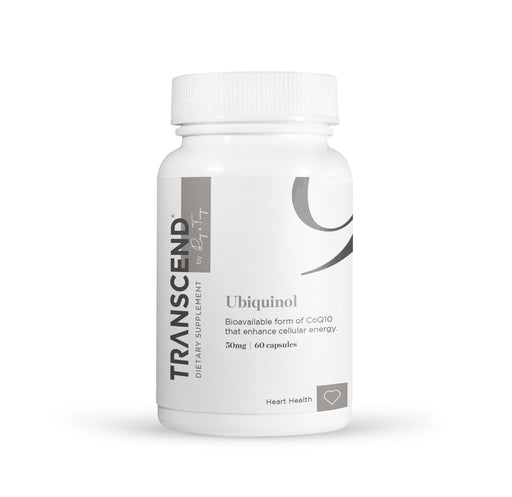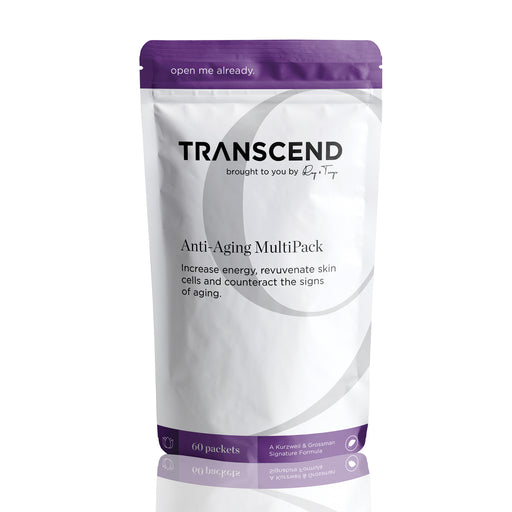
Vitamin B-12, Sublingual
Increased energy Improve mood Fight fatigue Common deficiency Better absorption Vitamin B12 (also called cobalamin) is one of eight water-solu...
View full details
Introduction
It is widely believed that the modern era of anti aging medicine was born with the publication of “The Rudman Study” in 1990. In this placebo-controlled experiment, Daniel Rudman, M.D., from the Medical College of Wisconsin demonstrated that healthy, older men given daily injections of recombinant human growth hormone (rhGH) experienced a significant increase in lean body mass, bone density and skin thickness and a significant decrease in body fat.1 In an editorial accompanying this article in the same issue of the New England Journal of Medicine, Mary Lee Vance wrote that such studies regarding use of growth hormone in older adults “should be viewed as an important beginning.”2
Human Growth Hormone
I doubt that Dr. Vance realized how prescient she was back in 1990, since it is widely believed that the entire medical specialty of anti aging medicine was born after enthusiasm over the results of “The Rudman Study” on the benefits of growth hormone (GH) supplementation spread throughout the medical community. To many observers, it appeared that it was finally possible to reverse some of the effects of aging with a simple medical intervention – injection of recombinant human growth hormone. Rudman himself concluded, “The effects of six months of human growth hormone on lean body mass and adipose-tissue mass were equivalent in magnitude to the changes incurred during 10 to 20 years of aging.”3
Over the 15 years that have passed since publication of “The Rudman Study,” numerous writers in the lay press and medical community have hailed GH as the latest contender for the long sought “Fountain of Youth” title. Yet the waters of this fountain have become progressively muddied over the years. For example, while some additional studies have confirmed that rhGH injections can, in fact, help increase muscle mass and decrease fat mass, it appears that the increased muscle mass is merely cosmetic and that growth hormone-treated patients do not have increased muscle strength.4 Frisch found “no increase in maximal strength during concentric contraction of the biceps and quadriceps muscles, although levels of insulin-like growth factor-1 were doubled.”5 (Insulin-like growth factor-1 is the most commonly used blood test for assessing average GH blood levels.)
Growth hormone injections have been found to be beneficial in regard to a number of other markers associated with aging, Studies have demonstrated beneficial effects of GH supplementation on cardiovascular function, lipid levels and blood pressure.6,7Osteoporotic women 68-75 years old given rhGH injections for one year had increases in radial bone mineral density of 8.1 percent and increased lumbar bone density of 3.8 percent.8 GH replacement can help patients with fatigue. In a placebo-controlled experiment of 20 patients disabled by Chronic Fatigue Syndrome, 40 percent of patients who received rhGH injections were able to return to work.9
Unfortunately, side effects are often experienced by patients who undergo rhGH injections. A 2002 National Institutes of Health study found that 24 percent of patients developed glucose intolerance or frank diabetes, 32 percent complained of carpal tunnel symptoms and 41 percent experienced arthralgias.10 Another study found that one-third of patients on hGH experienced side effects secondary to fluid retention, but that most of these disappeared spontaneously or responded to dose reduction. Cumulative dropout rates were 29% at one year and 38% at two years. Two-thirds of dropouts were because of lack of perceived benefit of the therapy.11
There is conflicting, but mostly reassuring, evidence regarding GH replacement and risk of malignancy. Bengtsson reported “in 289 hypopituitary patients on GH replacement, overall mortality and the rate of malignancies were similar to the normal population.”12
But some studies have shown small increases in colon cancer and Hodgkin’s lymphoma in individuals treated with GH.13
Of greater concern are animal experiments which suggest higher GH levels produce decreases in longevity. One study showed that transgenic mice specifically bred to over-express growth hormone experience a “drastically shortened life span” and experience symptoms of “accelerated aging.”14 Conversely, “hereditary dwarf mice deficient in GH, prolactin, and TSH live much longer than their normal siblings.”15 Since animal experiments suggest an inverse relationship between increased levels of growth hormone and longevity, it is prudent to question whether use of growth hormone therapy should be recommended as part of a serious longevity program. Long-term human experiments have yet to be conducted, but we do know that individuals with lifelong exposure to increased growth hormone levels (acromegalics) have decreased longevity.16
Because injectible GH has been available as a potential anti aging strategy in healthy adults for only a few years, we feel caution is the better part of valor at the present time. There are no results of any long-term studies on the safety of GH injections in healthy adults. Therefore, until more research is available, we recommend that GH injections be reserved for individuals who have documented growth hormone deficiency syndromes based on appropriate evaluation and testing, including IGF-1 level determinations and response to l-arginine or insulin challenges. rhGH injection therapy should not be routinely prescribed as a matter of course to “prevent aging” as promulgated by many anti aging clinics.
References:

Increased energy Improve mood Fight fatigue Common deficiency Better absorption Vitamin B12 (also called cobalamin) is one of eight water-solu...
View full details
Combat internal aging Protect cells from radiation damage Increase antioxidant capacity Take with lecithin for better absorption Optimal dose for...
View full details
2022 update: Future batches of this product will use a Ubiquinol product that is a greenish capsule rather than a red softgel Bioavailable form o...
View full details
A Kurzweil + Grossman Formula Continued Synergy between Science and Convenience Convenient dosage packets Top anti-aging products Increase energy...
View full details
Leave a comment